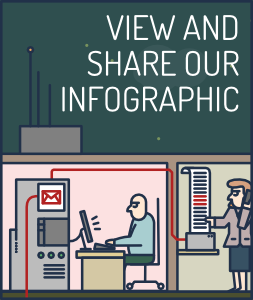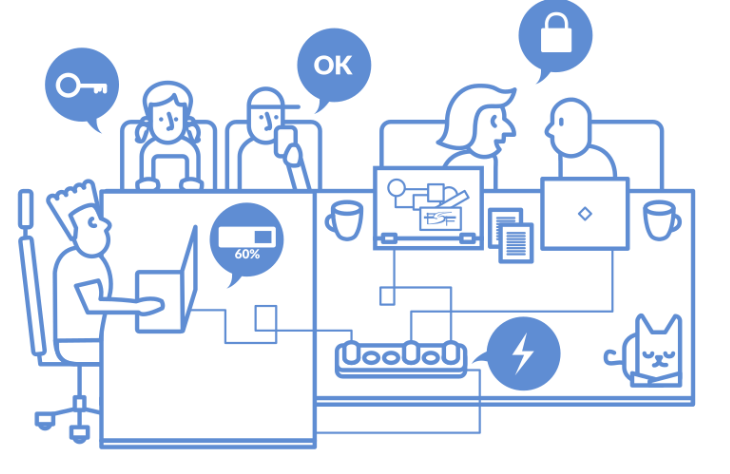Strength in numbers
Each person who chooses to resist mass surveillance with encryption makes
it easier for others to resist as well. People normalizing the use of strong
encryption has multiple powerful effects: it means those who need privacy
the most, like potential whistle-blowers and activists, are more likely to
learn about encryption. More people using encryption for more things also
makes it harder for surveillance systems to single out those that can't
afford to be found, and shows solidarity with those people.
People you respect may already be using encryption
Many journalists, whistleblowers, activists, and researchers use GnuPG,
so your friends might unknowingly have heard of a few people who use it
already. You can search for "BEGIN PUBLIC KEY BLOCK" + keyword to help make
a list of people and organizations who use GnuPG whom your community will
likely recognize.
Respect your friends' privacy
There's no objective way to judge what constitutes privacy-sensitive
correspondence. As such, it's better not to presume that just because you
find an email you sent to a friend innocuous, your friend (or a surveillance
agent, for that matter!) feels the same way. Show your friends respect by
encrypting your correspondence with them.
Privacy technology is normal in the physical world
In the physical realm, we take window blinds, envelopes, and closed doors
for granted as ways of protecting our privacy. Why should the digital realm
be any different?
We shouldn't have to trust our email providers with our privacy
Some email providers are very trustworthy, but many have incentives not
to protect your privacy and security. To be empowered digital citizens,
we need to build our own security from the bottom up.
![[GNU Social]](../static/img/gnu-social.png)
![[Mastodon]](../static/img/mastodon.png)
![[Reddit]](../static/img/reddit-alien.png)
![[Hacker News]](../static/img/hacker-news.png)



